Chemical Recycling Toxic Chemicals 27-09-2021 - Arhive
Chemical Recycling Toxic Chemicals
Petrochemicals Pure Terephthalic Acid Trend
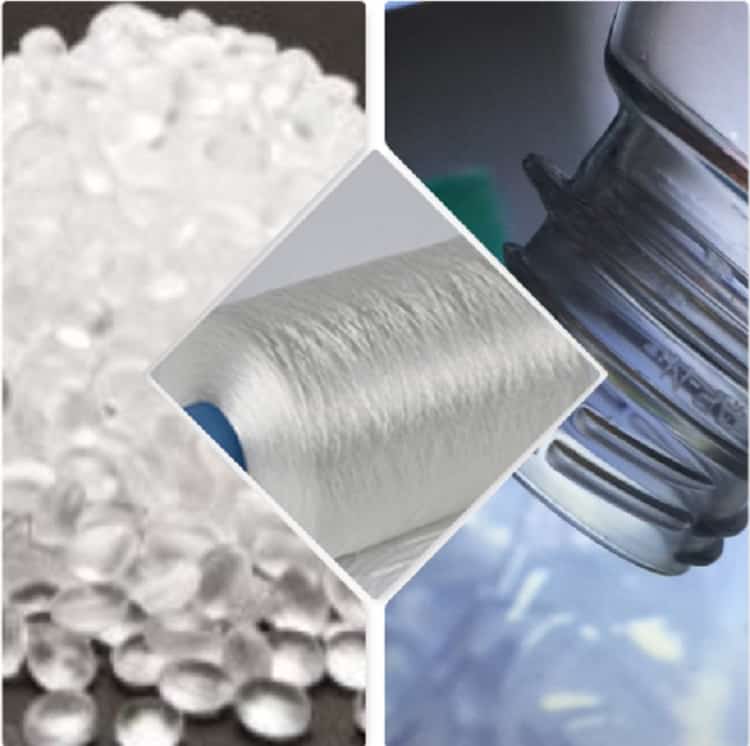
Crude Oil Prices Trend
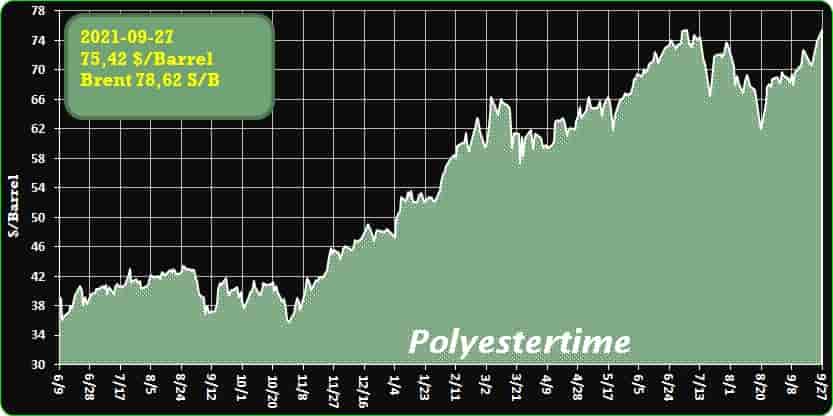
-Is recycling creating a toxic chemical problem?
Research just published by the US Environment Protection Agency has found that recycled paper and construction materials “contained greater numbers of chemicals than virgin products”. Some 733 identified chemicals, including flame retardants, solvents and dyes, “had greater occurrence in recycled compared to virgin materials”. The authors of the paper, published in Environmental science and technology, warned that “the circular nature of the recycling economy may have the potential to introduce additional chemicals into products”.
So, is the circular economy creating a chemical problem? Are targets to increase recycling and the use of recycled materials within products and packaging actually storing up potential health and environmental problems?
Quite possibly. “The issue of additives in plastics is a real one for circularity,” says Colin Church, chief executive at the Institute for Materials, Minerals and Mining. “Circularity is building up before we have that framework for chemical management,” adds Kerry Dinsmore, from Fidra, an environmental charity. “People are not talking about this.” Chemical Recycling Toxic Chemicals
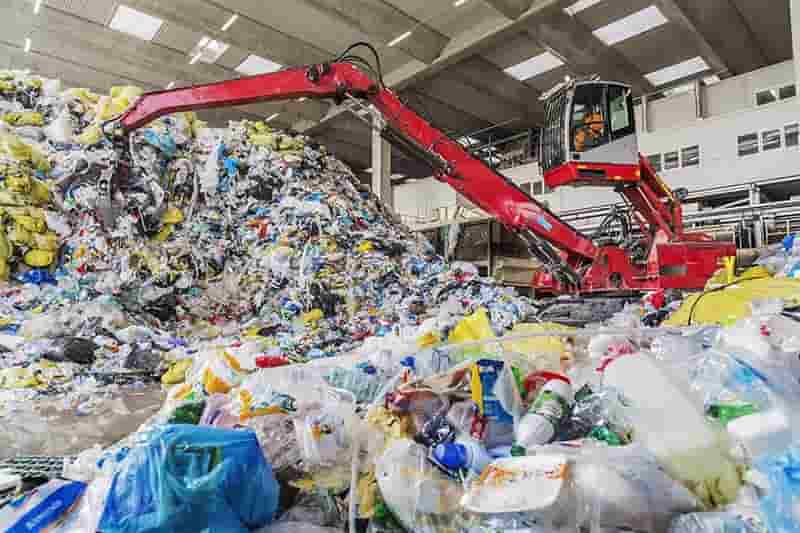
-Supply and demand for chemical recycling in North America polymers markets
Targets set by brand owners and regulations have been contributing to growing demand for recycled plastics globally, particularly for use in food and beverage packaging. However, the supply of high-quality food grade recycled polymers remains limited. Chemical Recycling Toxic Chemicals
In the long term, chemical recycling can be a potential complementary solution to mechanical recycling to secure supply of recycled resins suitable for food contact applications. However, there are uncertainties around the timeframe for scale, qualities of waste inputs, costs of the output and yields, as well as environmental impact.
Despite current investments in chemical recycling facilities, ICIS expects that industrial scale may not be achieved before the 2025 and 2030 deadlines for mandates and sustainability related pledges.
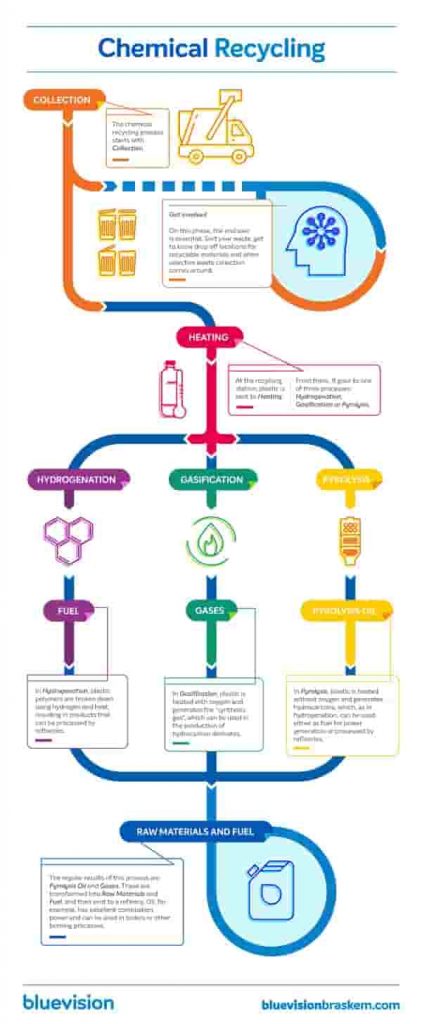
-Semiconductor chip shortage will cost the auto industry $210B in 2021, new forecast says
Consulting firm AlixPartners also says that production of 7.7 million units will be lost in 2021, up from its earlier forecast of 3.9 million units.
The ongoing semiconductor chip shortage that has hobbled automotive manufacturing worldwide is even worse than originally thought, consulting firm AlixPartners says, and will cost the auto industry globally US$210 billion in lost revenues this year, a greater revenue loss than was previously forecast.
The New York-based firm’s May 2021 forecast had estimated a loss of US$110 billion.
In terms of vehicles, AlixPartners is now forecasting that production of 7.7 million units will be lost in 2021, up from 3.9 million forecast in May.
“Of course, everyone had hoped that the chip crisis would have abated more by now, but unfortunate events such as the COVID-19 lockdowns in Malaysia and continued problems elsewhere have exacerbated things,” Mark Wakefield, global co-leader of the automotive and industrial practice at AlixPartners, said in a Sept. 23 statement. “Also, chips are just one of a multitude of extraordinary disruptions the industry is facing – including everything from resin and steel shortages to labour shortages.”
Chemical Recycling Toxic Chemicals
![]()
-Recycleye raises £3.5million to solve the world’s waste epidemic
Recycleye, the London-based technology company using advanced artificial intelligence and robotics to turn the world’s waste into resources, has raised a £3.5M seed round.
Having developed the world’s largest visual AI database of waste items, and low-cost robotics technology that automates dangerous manual labour, Recycleye enables waste management companies, including Biffa, to increase the purity and value of materials. Chemical Recycling Toxic Chemicals
Led by deep-tech venture capital firm Promus Ventures through its Orbital Ventures space fund, and with existing investors Playfair Capital, MMC Ventures, Atypical Ventures, and Creator Fund all participating. The company’s seed round takes its total funding to-date to £4.7M since it was founded in 2019 by CEO Victor Dewulf and CTO Peter Hedley.
Already relied upon by waste management leaders Biffa and ReGen in the UK, and three of the five largest waste management companies in Europe, Recycleye will use the funding to scale and enhance the accuracy, scope, and capabilities of its world-leading machine learning and robotics technology. In addition, it will continue to bolster its team, expand into new European markets, and further consolidate within existing territories (including the UK, France, and Italy), and expand its product line beyond vision systems.
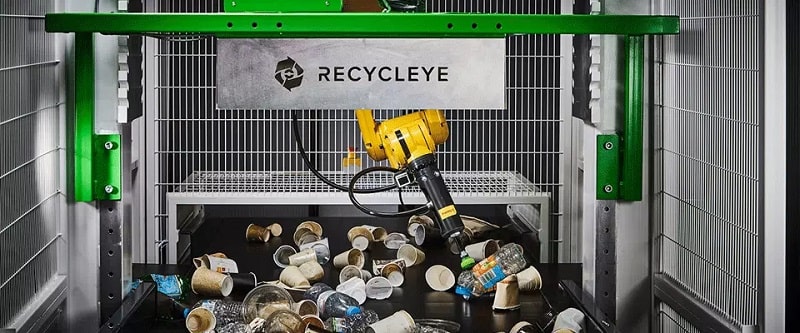
-BASF’s engagement for the responsible use of plastics
With its broad portfolio and strong capabilities in research and development, BASF offers high-value products and solutions for various applications and constantly works on increasing the sustainability of its products. For example, our plastic materials are used in health, automotive, construction and consumer industries contributing to a reduction in CO2 emissions through light-weighting (i.e., less fuel consumption) and insulation (i.e., less heating) or extended life of packed goods (i.e., less food waste). Examples include high-performance fossil, bio-based, biomass-balanced and certified compostable products helping to address diverse societal needs and sustainability goals. Chemical Recycling Toxic Chemicals
Plastics is an important material class providing many benefits for our society and should be part of the future if we want to reduce our climate footprint. For many applications, plastics help to increase efficiency by saving resources in production and use phases. Over the life of a product, plastics used in buildings, vehicles, packaging or electrical appliances save far more resources than were needed to produce them in the first place.
Plastics are easy to process which is one of the secrets of their success. Even complicated integrated components can be manufactured in only a few steps. At the same time, they offer an enormous variety of unique properties in the different applications. At the end of their lifetime, there can and should be recycled – mechanically, chemically or organically. When the entire product lifecycle is considered, plastics are usually the best option – both economically and environmentally.
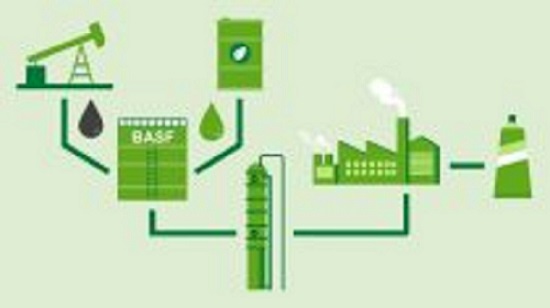
-EU commercial vehicles registrations fall in July and August amid supply chain, semiconductor woes
Registrations of commercial vehicles – vans, trucks, and coaches – fell sharply in July and August, year on year, the European Automobile Manufacturers’ Association (ACEA) said.
Commercial vehicle registrations fell by 11.9% and 5.4% in July and August, respectively, year on year.
The petrochemicals-intensive automotive industry has been affected in past months by supply chain woes and global shortages of semiconductors. Around 20% of petrochemicals output in Europe is sold to the automotive sector.
The fall during the summer months for commercial vehicles follows a sharper fall in registrations for passenger car vehicles, down 23% and 19% in July and August, respectively.
“This [fall in July and August] reflected the slowdown in demand for vans, accounting for 83% of total commercial vehicles registrations, given that the truck and bus segments actually performed better than last year,” said ACEA.
“Sales continued to be driven by central Europe (+23.2%), while new registrations in the key western European markets contracted both in July and August.”

-LANXESS: Quickly separating black plastic packaging according to type
- Black pigment from LANXESS for coloring recyclable plastic packaging
- Enables reflectivity that is up to 20 percent better near-infrared detection in automated sorting plants
- Reduced magnetic properties prevent false alarms
Consumers, environmental organizations, politicians and industry are increasingly taking action to reduce microplastics. Reusing plastic waste as a raw material also contributes to this, but requires that the different plastics be separated according to type first. “With our latest black pigment, we can help to increase the recycling rate for plastic packaging, which is still far too low around the world,” says Stefano Bartolucci, Global Market Segment Manager for Plastics in the Inorganic Pigments (IPG) business unit at LANXESS. With Bayferrox 303 T, the specialty chemicals company has developed a black pigment for coloring black plastic that reflects 20 percent of near-infrared radiation (NIR). This enables plastics to be identified efficiently and cost-effectively with the aid of NIR detectors like those used for sorting waste. “Plastic packaging colored with carbon black, on the other hand, as is used in large part today, does not reflect any radiation and therefore cannot be detected in sorting plants,” says Bartolucci.
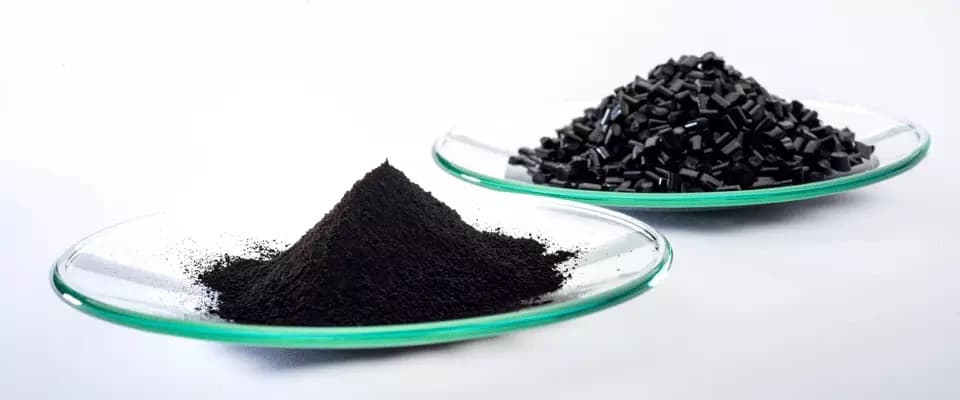
-Nestlé backs Yes Recycling’s flexible plastics plant
Nestlé UK and Ireland announced yesterday (22 September) it has provided Yes Recycling with a ‘pre-investment’ of £1.65 million for the firm’s flexible plastic recycling facility in Glenrothes, Fife.
Set to open “fully” by the end of 2021, the 15,000-tonnes-per year capacity plant will turn flexible plastics, such as those typically used in food packaging, into building materials.
Nestlé said its pre-investment was managed on its behalf by Ecosurety through the forward sale of packaging recovery notes (PRNs), to be supplied to the food company once the plant is in operation.
In a statement, Alison Bramfitt, group packaging manager at Nestlé UK and Ireland, said: “It is really exciting to be partnering with Yes Recycling and helping fund this new plant in Fife.
“We are working hard at Nestlé to create circularity for our packaging so it can have multiple lives and uses and doesn’t end up as waste in landfill. Being able to partner with pioneering technology such as this is just one of the ways we are taking steps forward on this journey.”
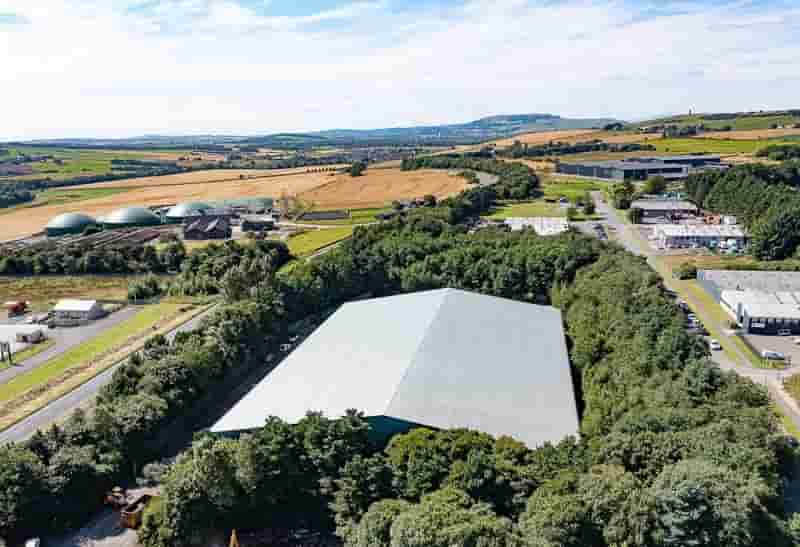
-Infants have more microplastics in their feces than adults
Microplastics — tiny plastic pieces less than 5 mm in size — are everywhere, from indoor dust to food to bottled water. So it’s not surprising that scientists have detected these particles in the feces of people and pets. Now, in a small pilot study, researchers have discovered that infants have higher amounts of one type of microplastic in their stool than adults. Health effects, if any, are uncertain.
Microplastics — tiny plastic pieces less than 5 mm in size — are everywhere, from indoor dust to food to bottled water. So it’s not surprising that scientists have detected these particles in the feces of people and pets. Now, in a small pilot study, researchers reporting in ACS’ Environmental Science & Technology Letters discovered that infants have higher amounts of one type of microplastic in their stool than adults. Health effects, if any, are uncertain.
Little is known about the magnitude of human exposure to microplastics or their health effects. Although microplastics were once thought to pass harmlessly through the gastrointestinal tract and exit the body, recent studies suggest that the tiniest pieces can cross cell membranes and enter the circulation. In cells and laboratory animals, microplastic exposure can cause cell death, inflammation and metabolic disorders.
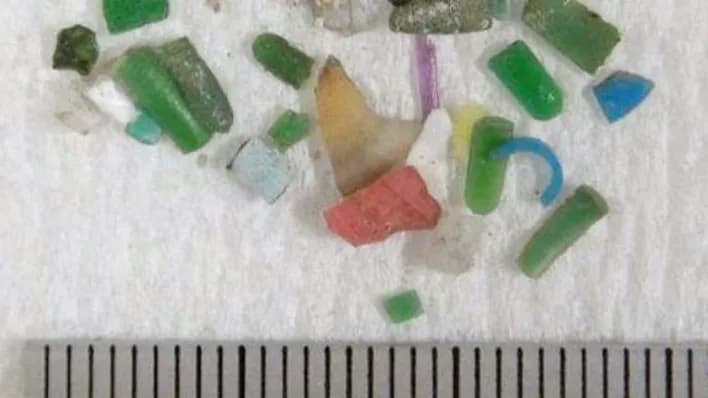
Chemical Recycling Toxic Chemicals
